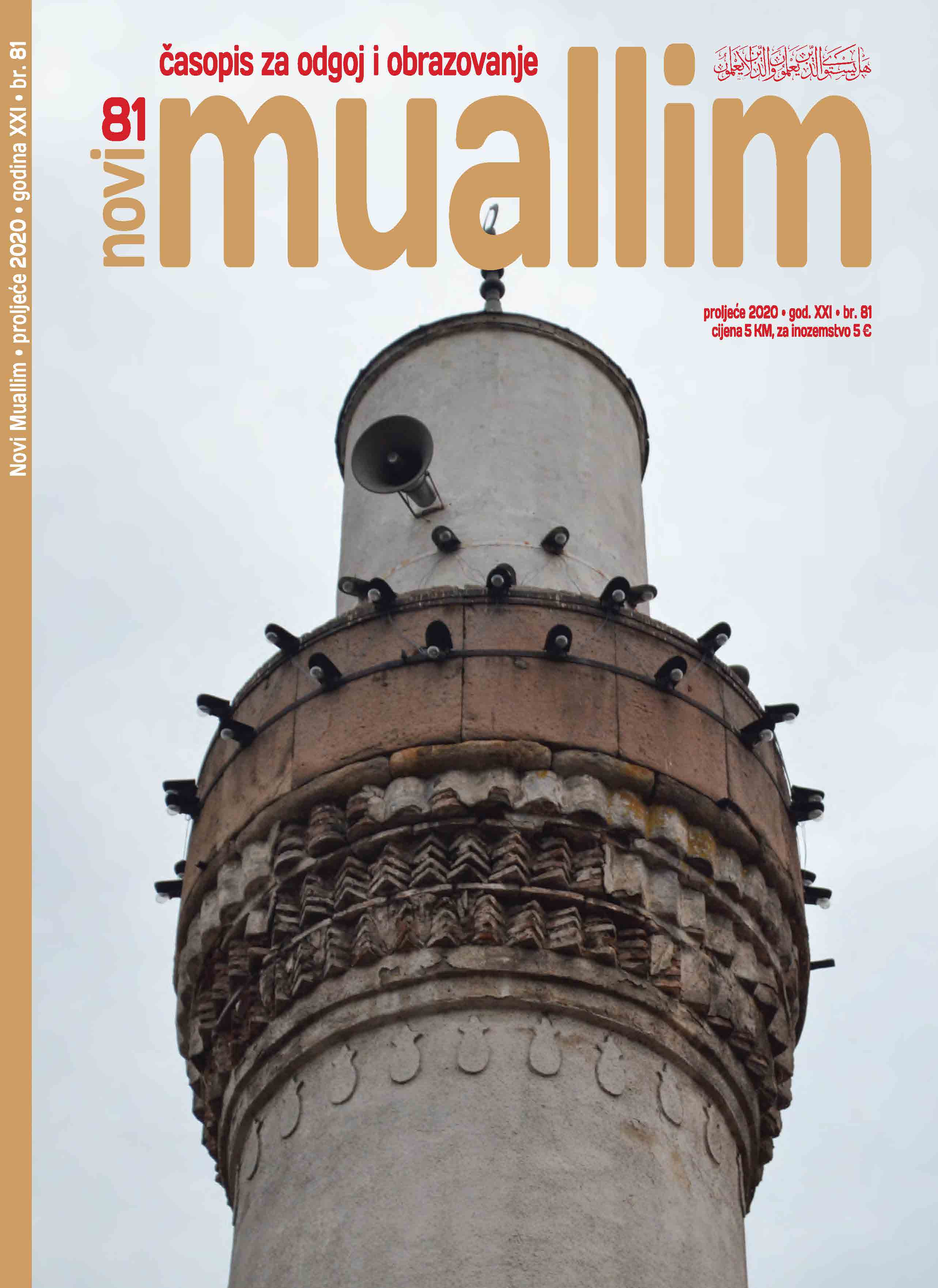THE ISSUE OF ULTIMATE SOVEREIGNTY IN ASPECT OF TWO CLASSICAL AND TWO MODERN TAFSEERS
DOI:
https://doi.org/10.26340/muallim.v21i81.1762Keywords:
secular state, democracy, pluralism, judgement, God’s sovereigntyAbstract
UDK 28-254
As opposed to democracy as a form of government wherein it is generally understood that the ultimate power belongs to people, we here have Islamic political system where the ultimate authority is actually affirmation of the sovereignty of God’s will. Thus the following question arises: are the principles of democracy opposed to the principles of the Sharia? This article offers a comparative view of interpretations of ayahs of the Qur’an containing the word hukm (judgement, verdict, authority, command, decree, decision) as seen in two classical and two modern interpretations of the Qur-an. It is the fiftieth ayah of the surah Al-Ma’idah – أفَحُكْمَ الْجَاهِلِيَّةِ �أحْسَنُ مِنَ اللَّهِ حُكْمًا لِقَوْمٍ يُوقِنُونَ � يَبْغُونَ وَمَنْ (Then is it the judgement of (the time) of ignorance they seek? And who is better than Allah in judgement for a people who are certain (in faith)? It is concluded that the democracy and pluralism in the Muslim world have their bases in religious principles and not on the bases of the principles of the late modern West. In practice this would imply that realisation of the principles of Islam is best attained in well-controlled separation of religious and political organs.
Downloads
Published
How to Cite
Issue
Section
License
Naknada:
a. Časopis ne naplaćuje naknadu za obradu članaka (APC) i naknadu za podnošenje članaka.
Autori koji objavljuju u ovom časopisu pristaju na sljedeće uvijete:
- Autori zadržavaju autorska prava i pružaju časopisu pravo prvog objavljivanja, pri čemu će rad jednu godinu po objavljivanju biti podložan licenci Creative Commons imenovanje koja omogućuje drugima da dijele rad uz uvijet navođenja autorstva i izvornog objavljivanja u ovom časopisu.
- Autori mogu izraditi zasebne, ugovorne aranžmane za ne-ekskluzivnu distribuciju rada objavljenog u časopisu (npr. postavljanje u institucionalni repozitorij ili objavljivanje u knjizi), uz navođenje da je rad izvorno objavljen u ovom časopisu.


